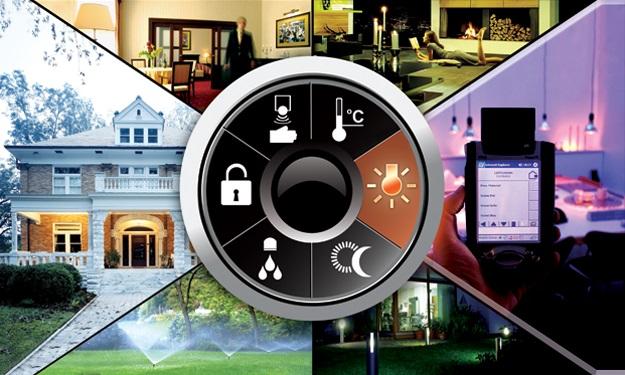Smart home technology is growing in popularity with homeowners all the time. A recent Coldwell Banker survey found that most homeowners believe smart home tech makes their homes safer, and can lead to considerable savings on amenities.

Coldwell Banker's survey also found that 54 percent of homeowners would be happy to install smart home products in their abode if they thought it could help them to sell the property more quickly.
With these facts in mind, CRT Labs has put together a comprehensive smart home technology guide and glossary to help both agents and homeowners understand the benefits. Here's a few highlights from the guide:
Benefits of smart home tech:
The biggest benefit of smart home tech is that household tasks like adjusting the temperature, opening the front door or garage door can be done automatically using voice activation. Smart homes also provide insights by alerting homeowners if something is amiss. In addition, smart homes help homeowners to save money by automatically adjusting the temperature and energy consumption of your home. For instance, it can be set to turn off the entire power supply while you're at work and the kids are at school, programmed to turn on just before everyone arrives home. Another benefit is that utility and insurance firms often provide rebates or reduced rates for those living in smart homes.
Your data and security:
One big concern for homeowners is the data their smart home generates, and who can access this. According to CRT Labs, smart home data is put to use in various ways. One thing to consider is that the data is usually owned by the manufacturers of your smart home devices, and this is “generally used by smart device companies to improve product development and provide additional services to their customers”, CRT Labs says. However, they warn that homeowners should “read the vendor’s privacy policy to see what they are legally allowed to do with the data. They may allow themselves to sell your data to 3rd parties, so read carefully."
CRT Labs adds in its guide that it's working with companies to create a framework with the Online Trust Alliance in order to ensure data security.
Smart home impact on sales prices:
The truth is that it's not possible to gauge the real impact of smart home technology on home sales prices because the tech is so new. However, Coldwell Banker's survey showed that 72 percent of millennial homeowners would be happy to spend $1,500 or more to add various smart gadgets to their home. In addition, 59 percent of homeowners with children would also be willing to pay for a smarter home, the survey found.
It seems like many home owners are interested in smart tech but a little afraid of it. I think being able to buy a home with a system already in place would definitely drive some sales. I have been thinking about putting together a cost vs benefit infographic; home automation is going to be the new standard.Keep the IoT articles coming Mike.